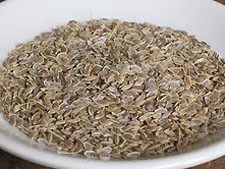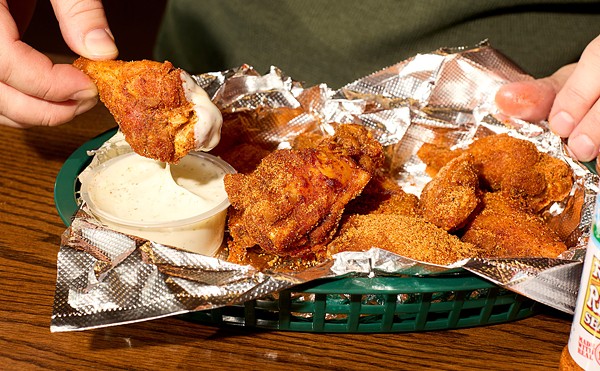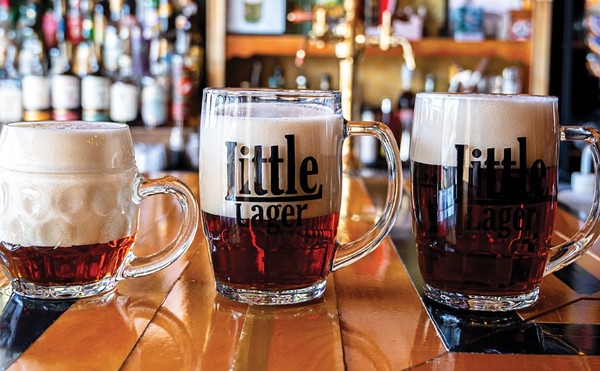Welcome to Spice World, in which Gut Check zeroes in on overlooked spices from around the globe, introducing those you may not own -- and probably should.
History: Though today the word "dill" is right at home next to the words "pickle" or "dip" (or, for those super stoked for this summer's return of Beavis and Butt-Head, "hole" and "weed"), the word itself comes from the old Norse "dilla," which means "to lull." Makes sense, then, that it's believed to cure hiccups, colic and gas. Ancient Greeks and Romans would drape their war heroes with garlands of the plant upon their victorious return from battle.
Today: Though old people seem to love to bring dill dip to parties -- not that there's anything wrong with that -- the old-school herb is relatively new to the United States, having first arrived in the 1800s. And, we can only assume, started showing up to card parties in rye bread bowls shortly after that. Even today the main exporters of the hearty plant continue to be the cooler climes of Russia, Poland and Scandinavia. Gardeners would be wise to plant dill next to fiber-rific brassica vegetables, like cabbage and kale; dill helps amplify the veggies' growth.
In Use: Unless you don't mind waiting a few weeks or months for your cukes to turn into dill pickles (like this), there just aren't a ton of recipes that call for the whole, football-shaped seed. You're better off having dried dill weed in the pantry for fish dishes, salads and, yes, dips. You win, Granny.
We found whole dill seed at Global Foods Market (421 North Kirkwood Road, Kirkwood; 314-835-1112) in a seven-ounce packet for $2.59.






